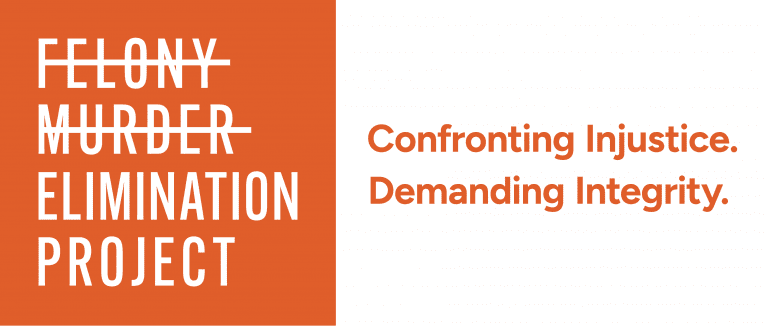The Women’s Justice Commission, a multi-year research, policy development, and communications initiative from the Council on Criminal Justice, released a study “Stronger Families, Safer Communities,” designed to improving outcomes for women at the front end of the justice system.
The female prison population in the U.S. has significantly increased, rising over 500% from 1980 to 2024, from 26,326 to 180,684, and this number continues to grow in recent years despite a pandemic-related dip in 2020. Incarcerated women often come from impoverished backgrounds and many have children, facing unique challenges related to trauma and reentry after release, reducing chances of successfully re-entering their communities. Over 62% of imprisoned women in state prisons are mothers to children under the age of 18, and around 80% of women in jails are mothers, and and their imprisonment creates a “domino effect” of burdens on their children and families.
More expansive law enforcement efforts have played a role in increasing the number of women entering the criminal legal system, as well as mandatory minimum sentences, and harsher drug sentencing laws, all of which have significantly impacted the female prison population. Women are often drawn into the criminal justice system due to challenges like poverty, unemployment, and mental health struggles, with many facing criminalization for behaviors linked to coping with these life circumstances.
Systems designed primarily for men often neglect the specific social, mental health, and physical healthcare needs of women, who are more likely to have experienced childhood trauma, sexual violence, and to be single parents. As a result, systems designed primarily for men often neglect the specific social, mental health, and physical healthcare needs of women, who are more likely to have experienced childhood trauma, sexual violence, and to be single parents.
The “Stronger Families, Safer Communities” project spans the full scope of the adult justice system, from arrest and diversion through prosecution, incarceration, release, and community supervision, with a particular focus on prevention and intervention strategies that meet the specific needs of women. The project examines the factors driving women’s involvement in the justice system and presents four recommendations to improve early-stage responses, from arrest through sentencing, in an effort to support safety, stability, and family well-being.
A second set of recommendations, to be released in 2026, will focus on the “back end” of the system, including conditions of confinement, programming for incarcerated women, healthcare, and reintegration with families and communities.
You can read the detailed findings and recommendations here —>>> Stronger Families, Safer Communities



